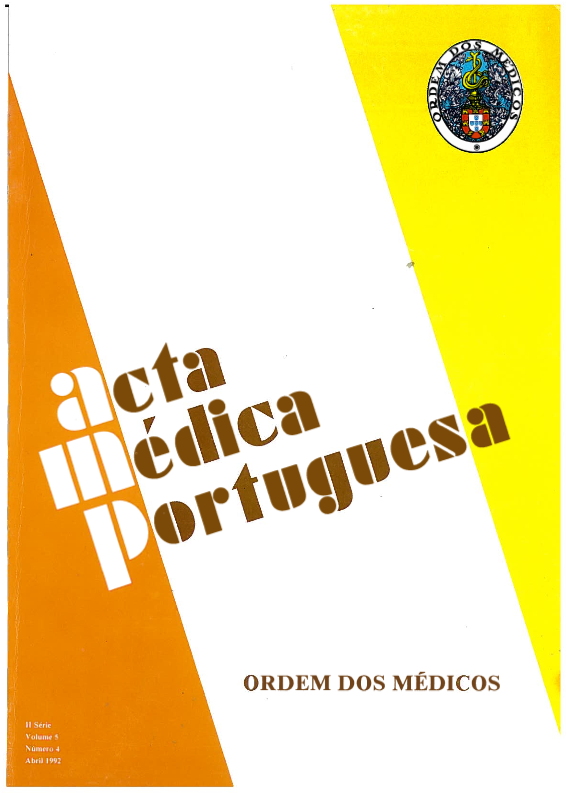Etica da investigação no animal e aplicação ao homem.
DOI:
https://doi.org/10.20344/amp.3221Resumo
Animal experimentation has proven to be of invaluable help in the understanding of biological functions, for the advancement of medical research and for the improvement of health conditions of both humans and animals. This phase of scientific progress is far from completed and there are no hints for substitution of all animal experiments by so called alternative methods. Therefore, there is a real need to analyse, without prejudice or undue dogmatic statements, the present situation in order to contribute to a responsible attitude, which should be transparent, understandable for lay people and useful as a background for the passing of adequate legislation. This process of analysis calls for the cooperation of scientists, a class which can neither be ignored nor treated as minor and should be above any suspicion of any part concerned. Finding a reasonable and just solution for the problem under debate can only result from the convergence of utilitarian and responsible ethical viewpoints. From utilitarian reasoning an overwhelming mass of evidence has resulted in favour of animal experimentation: medical progress would be severely maimed by prohibition or severe curtailing of animal experiments and catastrophic consequences would ensue. On the other hand, ethical considerations result in clear condemnation of useless or redundant experiments, of those causing disproportionate pain or suffering or of doubtful scientific standing: and to the recommendation that every effort should be undertaken in order to find and to establish on a sound scientific basis, alternative or complementary methods, i.e. those not involving animals.(ABSTRACT TRUNCATED AT 250 WORDS)Downloads
Downloads
Como Citar
Edição
Secção
Licença
Todos os artigos publicados na AMP são de acesso aberto e cumprem os requisitos das agências de financiamento ou instituições académicas. Relativamente à utilização por terceiros a AMP rege-se pelos termos da licença Creative Commons ‘Atribuição – Uso Não-Comercial – (CC-BY-NC)’.
É da responsabilidade do autor obter permissão para reproduzir figuras, tabelas, etc., de outras publicações. Após a aceitação de um artigo, os autores serão convidados a preencher uma “Declaração de Responsabilidade Autoral e Partilha de Direitos de Autor “(http://www.actamedicaportuguesa.com/info/AMP-NormasPublicacao.pdf) e a “Declaração de Potenciais Conflitos de Interesse” (http://www.icmje.org/conflicts-of-interest) do ICMJE. Será enviado um e-mail ao autor correspondente, confirmando a receção do manuscrito.
Após a publicação, os autores ficam autorizados a disponibilizar os seus artigos em repositórios das suas instituições de origem, desde que mencionem sempre onde foram publicados e de acordo com a licença Creative Commons









